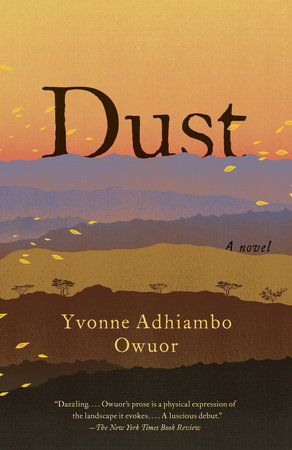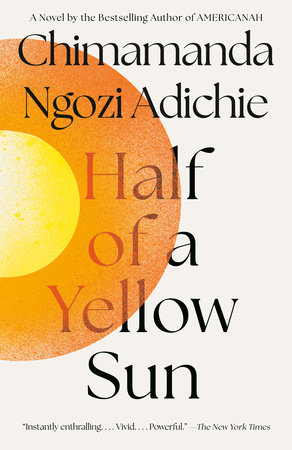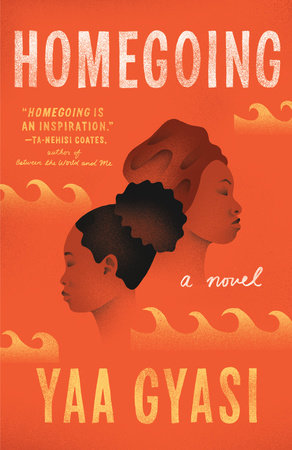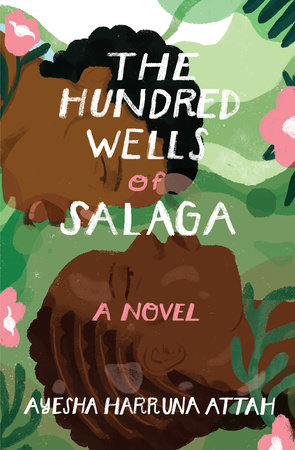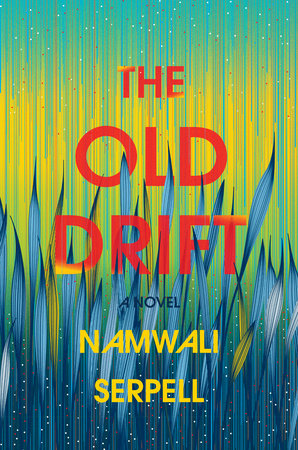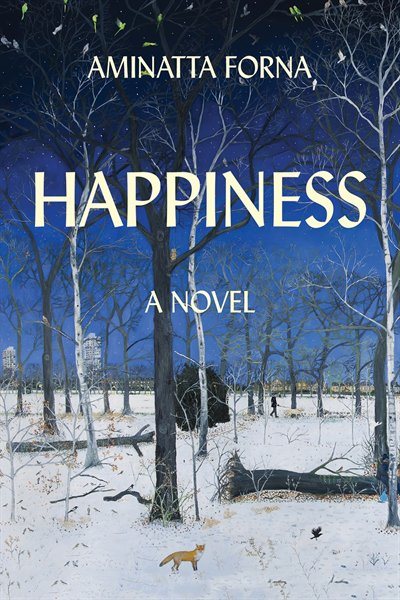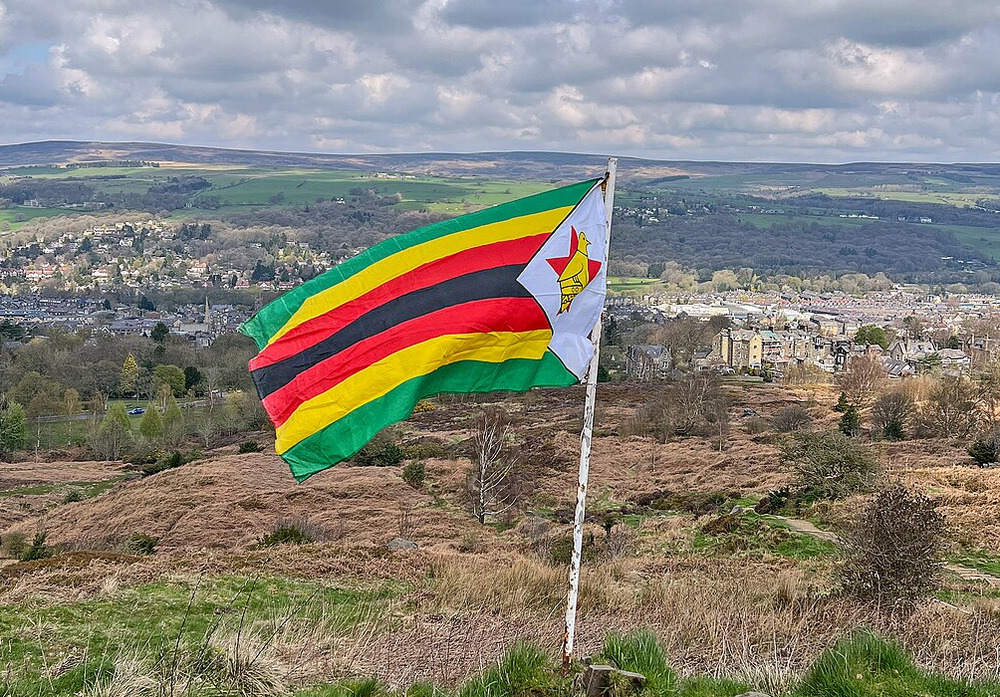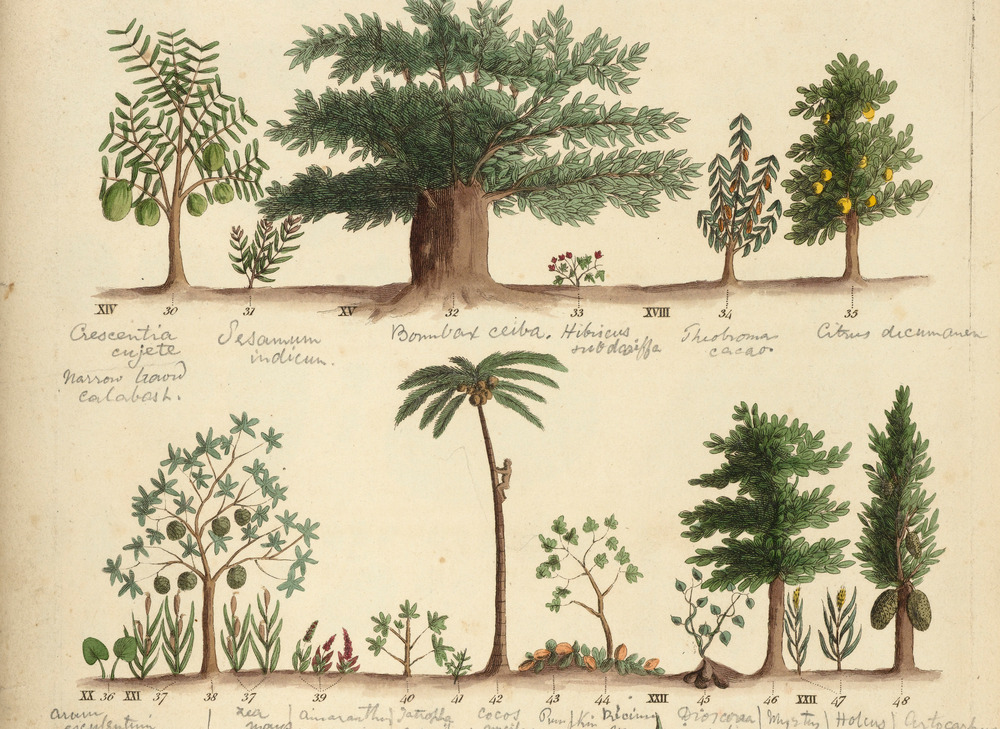Reading Lists
10 Books By African Women Rewriting History
Authors from across the continent reimagine the pasts of their home countries

In recent years, I have been attracted to the work of writers creating communities. Whenever I think of novels I love, I think of the groups the stories revolve around. Sometimes, these books concern themselves with a single event that was momentous in the society’s history. A lot of the books we consider classics devote themselves to this task.
The foundation of the African novel was the African Writers’ Series. The AWS, which was almost exclusively male, concerned itself with the issues of colonization, post-colonization, and the place of the African in the world. In maintaining that focus, there were certain pitfalls it sank into, including the erasure of women.
“Writers of all kinds,” Bessie Head, one of the few women writers published by the AWS, said, “whether novelists, poets or dramatists, are mirrors of the times in which they live.” But what happens when, for the times before they lived, there were no reflections of their stories? What happens when the reflections that were available produced inaccurate, biased images, and new ones have to be constructed? In the past few years, there has been an explosion of African women writers engaging in this process of not only mirroring the times in which they lived, but also reimagining moments past with images that are more accurate than those that hitherto existed.
My observation of African women writers redefining society in literature led me to compile this list. These authors have largely moved beyond Bessie Head’s remit of merely mirroring society, and are, instead, not only producing reflections, but also explaining what it took to arrive at these presentations and what’s been missing.
Dust by Yvonne Adhiambo Owuor
Owuor’s debut novel is set against the backdrop of the disputed 2008 Kenyan presidential elections. The story starts when Odidi Oganda, an engineer, is killed on December 27th, 2007, the day of the election. The foreground of the story shows his family’s struggles with the trauma of his death; in the background, Kenya struggles with the violence that arises from the elections. Owuor’s novel also goes back to 1950s and 1960s Kenya, where colonialism, and Odidi’s father’s past as a gun-runner and cattle-rustler in Northern Kenya dominate the story. “Kenya’s official languages: English, Kiswahili and Silence. But there was also memory,” Owuor writes. This line, more than any other, shows that while national traumas in Kenya are often not talked about, they are also remembered.
Half of a Yellow Sun by Chimamanda Ngozi Adichie
Adichie’s second novel, named after the symbol of the ill-fated Biafran republic, places readers in Biafra in 1967. A steady retinue of Igbo authors have written about the Biafra war, the most prominent of whom are Chinua Achebe, Buchi Emecheta, and Christopher Okigbo, who was killed during the conflict. Adichie adds her name to this pantheon, presenting Biafra through the eyes of Ugwu, Odenigbo, Olanna, Richard Churchill, and Kainene, and mapping out how the declaration of war affects their lives. Before the war, Odenigbo hosts an intellectualist circle in his home at the University of Nsukka. When the war begins, however, the characters get dragged into a world of violence and famine. Also, that ending made us cry.
Homegoing by Yaa Gyasi
Yaa Gyasi’s only novel to date follows Effa Otcher—a girl sold by her father to a white man as a bride—and her half-sister, Esi, who is captured and enslaved some time in the 18th Century. The story is narrated by the families of these two women over seven generations. Important historical events that occur in the book include the development of cacao in Ghana, the Anglo-Asante wars, and slavery and segregation in America.
The Hundred Wells of Salaga by Ayesha Harruna Attah
Set in Salaga, a town in Northern Ghana, during pre-colonial times, The Hundred Wells of Salaga initiates conversation around both the Trans-Saharan slave trade and the Trans-Atlantic slave trade. The story revolves around two strong female characters: Aminah, a slave, and Wurche, the daughter of a powerful chief. Wurche’s family has acquired a lot of wealth, and slaves, through the slave trade, whereas Aminah’s family has been ripped apart by it. When Wurche’s family buys Aminah as a personal slave for the daughter, the two girls’ emphasized distinctions of language, religion, and class are even more defined.
Beneath the Lion’s Gaze by Maaza Mengiste
Mengiste’s first novel is set in the last days of the reign of Haile Selassie, the King of Kings, the Conquering Lion of Judah. The story is told through three main characters: Hailu, a doctor, and his two sons, Dawit and Yonas. Some of the strongest sections of the books are the long vivid scenes like when Dawit collects dead bodies abandoned on the roadside for hyenas to eat. Or the 82-year-old emperor reflects on his loneliness with only his pet lions for company. While Mengiste chooses to name The Emperor, she provides only a pseudonym for Mengistu Haile Mariam, the man responsible for most of the violence post-Selassie. In lieu of his real name, she calls him Guddu, which is Amharic for “the extraordinary things he wrought” and a passing reference to Queen Guddit, who ushered in Ethiopia’s dark ages in AD960. Interestingly, The Shadow King, Mengiste’s next novel due in September, is also set in Ethiopia under Selassie, particularly the period around the invasion of Ethiopia by Italy.
The Old Drift by Namwali Serpell
Serpell’s first novel, The Old Drift, published earlier this year, covers a lot of vistas, of which one of the most memorable is that of Edward Mukuka Nkoloso and the Zambian space program. One of the main characters, Matha, joins the Afronaut training program. Narrated in sections by a swarm of mosquitoes, the book moves across several generations, starting with the colonial explorer David Livingstone who is killed by malaria in the middle of his failed search for the source of the Nile. In The Old Drift, Zambia’s history includes colonialism, Zambian independence, the AIDS scourge, the Afronaut space program, and Kariba dam, before moving into the future, where government surveillance becomes the norm.
Kintu by Jennifer Nansubuga Makumbi
In 1754, Kintu Kidda, the patriarch of his family, sets out to the capital of the Baganda kingdom to pay homage to the new Kabaka. On the way Kintu inadvertently kills his own son, setting in motion the curse that will afflict his family for generations to come. The name Kintu in itself brings to mind the Baganda myth that Kintu was the first man, but in Makumbi’s hands he is just a man who was responsible for a family curse. In her NYRB review of the book, Serpell called Kintu “The Great Africanstein Novel,” and it’s not hard to see why. The novel brings to mind Gabriel Garcia Marquez’s opus, A Hundred Years of Solitude in the way it narrates the history of this family across multiple generations.
House of Stone by Novuyo Rosa Tshuma
House of Stone follows Zamani, an orphan born in the aftermath of Zimbabwe’s war for independence. In Swahili, the word zamani means “a long time ago”, and is commonly used as a formulaic opening for stories a la “hapo zamani za kale”—a long time ago. The events that occur range from those that happened hapo zamani za kale to more recent ones. In the course of the story, Tshuma revisits the violence of the war for independence, of colonial Rhodesia, Gukurahundi —the ethnic cleansing initiated by Robert Mugabe—and the decades of cover-ups that follow.
Multiple titles by Aminatta Forna
All of Aminatta Forna’s five books re-imagine history. Her 2002 memoir, The Devil That Danced on the Water is about her father, Mohammed Forna who was a Sierra Leonean politician and Sierra Leone’s finance minister who was declared an Amnesty Prisoner of Conscience, and hanged on trumped-up treason charges in 1975. Forna also has four novels: Ancestor Stones, set in a Sierra Leone-esque location, and is the story of four women, all members of the Kholifa family, all of whose mothers are married to the same man. The Memory of Love takes place in 2002 Freetown in the aftermath of the end of the Sierra Leone war. The novel questions if truth and reconciliation can take place in the immediate aftermath of a particularly violent and bloody war. The Hired Man illustrates ethnic cleansing in Yugoslavia. And Happiness, a story about Attila Asare, a psychiatrist who has worked in different war zones around the world (Sierra Leone, Bosnia, and Iraq), who reminisces about these war zones.
Out of Darkness, Shining Light by Petina Gappah
Gappah’s new novel comes out in September and is a retelling of David Livingstone’s misguided attempt at locating the source of the Nile in present-day Zambia, (his story opens Serpell’s The Old Drift), his subsequent death from malaria, and the transportation of his body back to England from Zambia. This novel allows the attendants’ voices to pierce through a journey of understanding reverence and one’s own choices in life.




